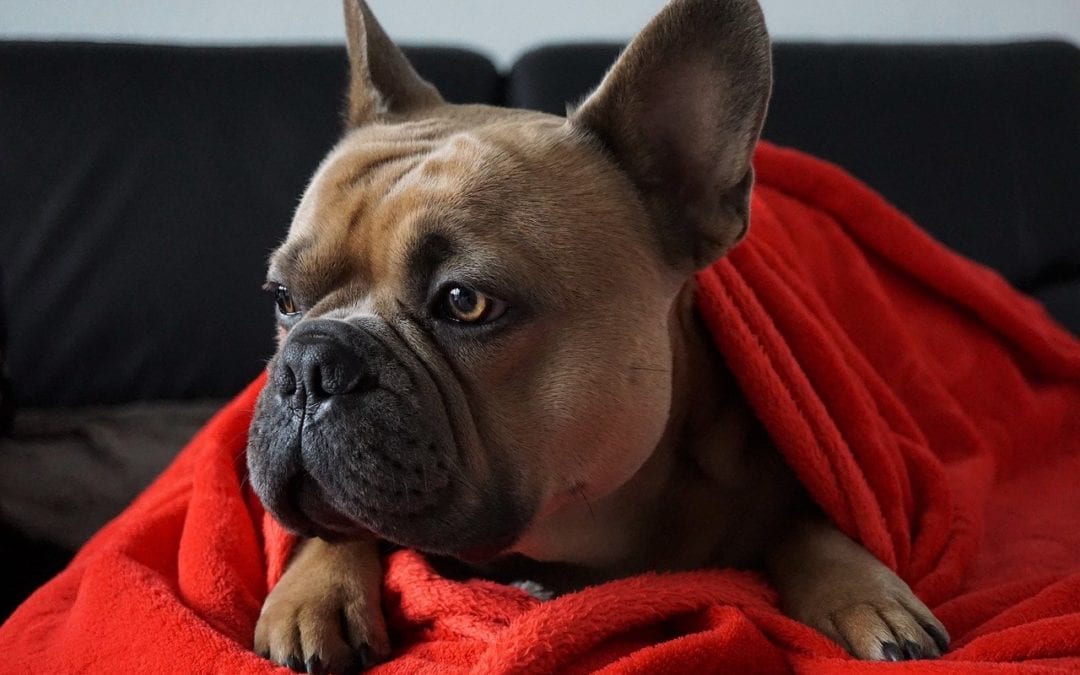If you find your pet going through symptoms of noise aversion, it can be a difficult experience for everyone involved. With your pet hiding or whining themselves into an anxious wreck to their owners unsure of how to make the stress go away, noise aversion can severely deteriorate their quality of life. It’s best to be proactive when dealing with noise aversion so as to provide your pet with a healthy living environment. Here are five ways you can help make your home a safe zone!
1- Draw the blinds or use darker shades to prevent flashes of light from coming in.
July 4th is right around the corner, so that means fireworks are sure to be going off in most suburban or residential areas. It wouldn’t be uncommon to hear fireworks being set off early in advance of the holiday. Although the sound may be more difficult to mask, using blinds in rooms with larger windows could help reduce the excess stimuli from stressing out your pet.
2- Use white noise (such as a fan or music) to help muffle excess noise.
Although it won’t eliminate the sound of fireworks completely, having white noise could reduce the sudden noise and provide a sense of relief for your pets. White noise can be effective in drowning out loud music or noisy neighbors. Alternatively, you could also play music within the house to help muffle out external noise. Soft-style music such as classical music is highly recommended.
3- Establish a specific “safe zone” or area within the house for your pet to retreat to.
With the help from your veterinarian, you can help train your dog to seek out a safe area within the house in the case of sudden noise. This could be a room or a hallway that your pet has positive associations with. Creating these associations with the area can stem from adding soft bedding or by doing things your pet enjoys in the area whenever there is no current noise. If the area is crate, you can additionally cover the crate with a blanket to help create a den environment.
4- Remain calm around your pet while the noise is occurring.
Your pet can sense when you’re anxious, which will, in turn, raise their anxiety levels. Combine that with unexpected loud noises, and it could set them off intensely. It’s important to keep a level head and remain calm during these situations. If your pet sees you acting like everything is normal, it could ease their tension considerably.
When in doubt, remain calm to help reduce your pet’s noise aversion anxiety. The more comfortable they are at home, the easier it’ll be to ease their stress. If you find that your pet is still having difficulties with noise aversion, contact our team to book a behavioral exam.

